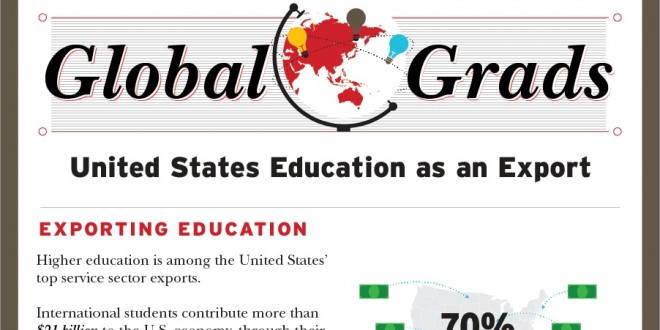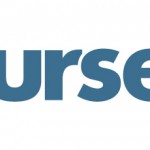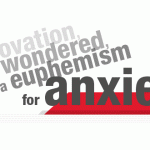Imagine the city of New York—all 8 million people. Take a moment to appreciate how many people that is: every skyscraper, apartment building, housing project; every subway, plus Times Square and Grand Central Station, all packed to capacity. Next, add another two million people; suddenly, New York City is bursting at its seams, teeming with 10 million people. Now, put them ... Read More »
The future of U.S. higher education, by the numbers
The Indiana-based Lumina Foundation is an independent, private foundation committed to improving higher education, specifically by increasing the proportion of Americans with high-quality college degrees, certificates and credentials to 60 percent by 2025. A report Lumina released last week examines a rise in the annual number of American college graduates since the end of the last century. In 1995, less than a quarter of ... Read More »
Here a MOOC, there a MOOC: Coursera Goes Big
In a previous post, we linked to this item from the Boston Globe, which noted that a number of high-profile higher ed institutions were hopping on board the edX bandwagon. And now the story’s getting bigger; not only moving from local to national (hi, HuffPo), but looping in the online education company, Coursera. This Huffington Post piece points out that 10 large public university systems, including the ... Read More »
Back to the Future: How Online Tools Can Help Instructors Get Back to What They Love
Not long ago, I posted an entry on my own blog about the ways in which the instructor’s role might be able to be reinvented, rather than undermined, by the assimilation of online tools and process. My hypothesis was that with some readjustment, continued focus on quality and a research mindset, instructors who embrace innovations and look seriously at available ... Read More »
Don’t Hate, Participate: Getting Faculty on Board with Online Ed
In my last post, I shared the results of my inquiry into what motivates faculty to teach online. To quickly recap: Based on my research conducted at St. Bonaventure University, the following factors heavily influence faculty’s interest in teaching online: • The ability to reach more students • The flexibility of teaching online • A belief in the effectiveness of ... Read More »
“Safety School” Gets a Whole New Meaning for International Students
In a recent Chronicle of Higher Education article, author Karin Fischer discussed the concerns that international students and their parents have about safety as they consider attending schools in the United States. These worries are particularly relevant in Boston because one of the three casualties of the April 15 Boston Marathon bombings was Lingzi Lu, a Boston University graduate student ... Read More »
More adults are returning to college, are you one of them?
Based on data collected from USA Today, the U.S. Census Bureau and the State Higher Education Executive Officers Association, more adults are returning to college to obtain advanced degrees and are earning more than their bachelor’s degree counterparts. By 2025, employers are expected to need 23 million more college graduates than the nation’s colleges and universities will have conferred at ... Read More »
Promise and Pitfall: Going All-In on Coursera
Inside Higher Ed technology reporter Ry Rivard’s recent in-depth post covers the process and challenges numerous state universities are experiencing as they incorporate Coursera online materials into their curricula. Rivard outlines a number of ways that schools may implement these tools; a synopsis of these, drawn from his post, indicates an intriguing range of opportunities: Some university officials say they ... Read More »
Warning: Innovation Ahead
Peter Stokes, Vice President for Global Strategy and Business Development for Northeastern University, broaches an intriguing question in his recent post at Inside Higher Ed: Is innovation just another word for anxiety? Stokes sets this premise in the context of visits to numerous conferences, gatherings and keynote lectures, all of which, he recounts, “have featured liberal use of the word ‘innovation.’ ... Read More »
Flipped Classrooms Can Earn an A+ for Multiculturalism
There has been a lot of discussion—and controversy—about “flipped classrooms” lately. For the uninitiated, the idea behind the flip teaching approach is that students do their course work—watching the professor deliver a lecture via video, doing research, writing, etc.—away from school, then come to the classroom for in-person discussion with teachers and classmates. The benefit, proponents say, is that classroom ... Read More »














